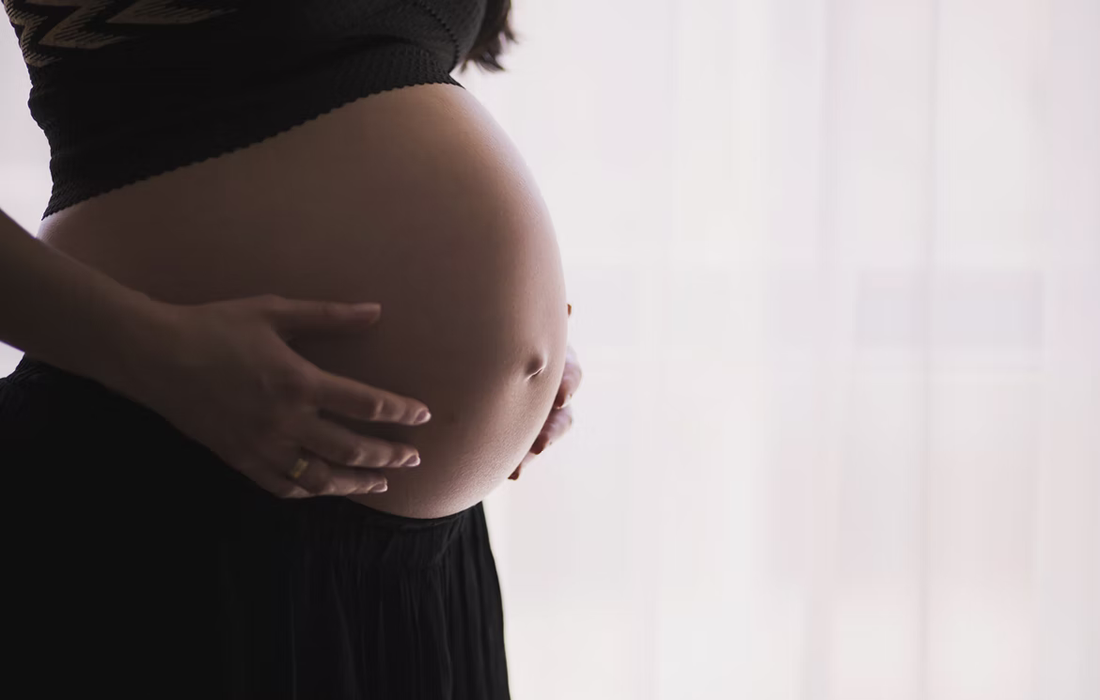COVID-19
COVID-19 Can Cause Placental Destruction and Insufficiency
When a new virus emerges there is always the anxiety for those more vulnerable to infectious diseases, but perhaps this is even more true for pregnant women, who fear not only for their health but also for their unborn children.
Studies performed when the COVID-19 pandemic started found that although pregnant women in China could develop infection with the new virus, the large majority of infected mothers had either mild or non-existent symptoms, and did not become more ill when compared to non-pregnant women of the same age.
As the virus spread the virus developed different mutations resulting in new strain variants, which eventually led to the found association with adverse pregnancy outcomes including severe maternal illness as well as neonatal complications.
It was until April 2021 that it was found in Ireland when 6 sillborn fetuses and one miscarriage occurred in mothes with COVID-19, and then in May 2021 when a population-based study cohort study from England demonstrated an increased risk among pregnant women infected with SARS-CoV-2 for having a fetal death.
In a recently published study involving 12 countries, researchers evaluated the role of the placenta in causing stillbirth and neonatal death following maternal infection with COVID-19. The study appears in the journal Archives of Pathology and Laboratory Medicine.
Study Development and Results
The study was case based retrospective, using clinico-pathological analysis in a group of 44 perinatal specialists from the 12 countries of placental autopsy pathology.
It included a total of 64 stillborns and 4 neonatal deaths that tested positive for SARS-CoV-19 following delivery to mothers with COVID-19.
According to the study all of the placentas (68 total) had an increased fibrin deposition and villous trophoblast necrosis, and 66 had chronic histiocytic intervillositis. All of the previous findings constitute SARS-CoV-2 placentitis (inflammation of the placenta).
The majority of the autopsies revealed no significant fetal abnormalities, other than intrauterine hypoxia and asphyxia. Four of the stillborns had SARS-CoV-2 infections in internal organs.
Conclusions of the Study
The researchers concluded that the SARS-CoV-2 infection can cause widespread and severe placental destruction, which results in a decreased perfusion and insufficiency of the placenta. These changes are the ones that could be causing the increase in intrauterine and perinatal deaths by causing a fetal hypoxic and ischemic injury, rather than producing fetal abnormalities.
Sources:
David A. Schwarts, et al. Placental Tissue Destruction and Insufficiency from COVID-19 Causes Stillbirth and Neonatal Death from Hypoxic-Ischemic Injury: A Study of 68 Cases with SARS-CoV-2 Placentitis from 12 Countries. Arch Pathol Lab Med. 2022. doi: 10.5858/arpa.2022-0029-SA
Image from:
Photo by freestocks on Unsplash

